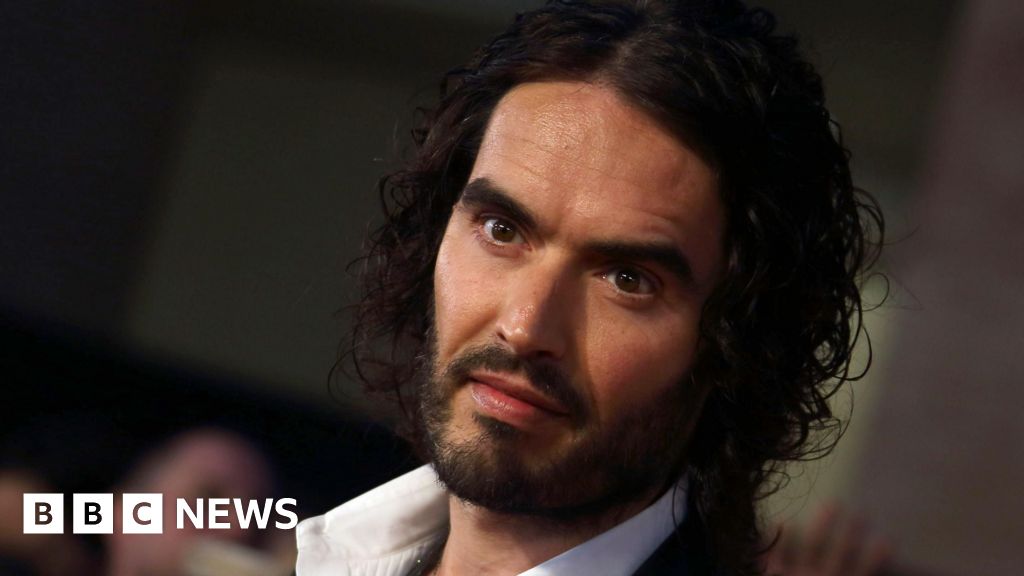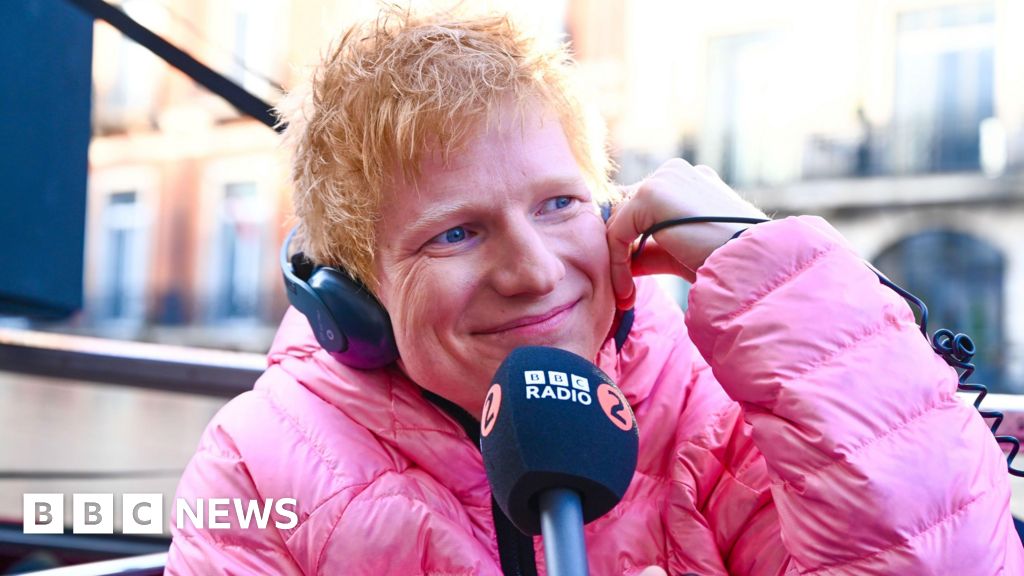ARTICLE AD BOX
Image source, HBO Max
Image caption,Cynthia Nixon, Sarah Jessica Parker and Kristin Davis have returned, but Kim Cattrall has not
Sex and the City has been revived for a new series - but critics are split over whether it was worth bringing back.
Radio Times said the series, titled And Just Like That, "never should have been made" and doing so without Kim Cattrall "feels more like a cold, cynical business move than a true comeback".
Cattrall, who played Samantha, has not returned following a fall-out with co-star Sarah Jessica Parker.
But The Independent said it is "so good that Cattrall must be kicking herself".
It is "a return to form", which is "a minor miracle", the paper's critic Adam White wrote in his four-star review.
"There are still guffaws and glamour - Parker, in particular, looks unsurprisingly spectacular - but it also has emotional heft."
Image source, Reuters
Image caption,Cast members old and new attended the premiere in New York on Wednesday
The Wrap also said the new series proves the remaining three characters are "worthy of a comeback".
"The show's greatest potential [is] an honest portrayal of the lives of 55-year-old women, a group we almost never see centred in TV and film," wrote Jennifer Keishin Armstrong.
"Parker, [Kristin] Davis and [Cynthia] Nixon slip seamlessly back into their roles and camaraderie, the sight of which will hit any fan with a jolt of warm nostalgia."
It is 17 years since the last series of Sex and the City and 11 since the second, much derided feature film.
'Needlessly bitchy'
Four new main cast members have been added to fill Samantha's designer shoes and improve the diversity on screen.
Other reviews were less kind. The Telegraph's Anita Singh described the new show, which arrived on Thursday, as "tediously woke and needlessly bitchy".
She explained: "How does the show tackle the fact that it's been 17 years since we last saw them on TV? Extremely badly. Not so much the references to ageing, such as the conversations about Miranda letting her hair go grey (Charlotte disapproves of this), but the references to the woke times in which we live."
Unlike the original, the new version is not a comedy at heart, she decided. Its message is: "In your fifties you can still have fashion. You just can't have fun."
'Teething troubles'
The Guardian said the first 20 minutes "are terrible" and there is "a series of excruciating scenes, that could have been written by a high school student for a particularly terrible high school sketch show".
However, the paper's critic Lucy Mangan did concede: "There are reasons to hope that these are teething troubles only.
"There is a handful of good lines, there are flashes of the old spirit and there is one sex scene... that recalls the genuinely pioneering original, and what fun it used to be."
The Hollywood Reporter's Robyn Bahr agreed that "the flounce and fizziness of the original series are largely absent from this moodier and more self-serious one".
In fact, Sex and the City and And Just Like That are "two completely separate shows that just happen to share a continued narrative", she wrote.
And Just Like That is "not Sex and the City exactly as you remember it", said Radio Times reviewer Minnie Wright.
She wrote: "The main three's newfound social and cultural awareness is shoe-horned in to such a degree the whole endeavour feels often cloying, at times inauthentic and occasionally downright uncomfortable. And this is really something it needed to get right."
The Washington Post's Inkoo Kang also felt the attempts to address issues with the original series did not ring true.
The first episodes "feel less like urgent storytelling than panicked legacy-salvaging", she wrote.
"In apologising for its past wrongs, the show forgets to do what it did best: spin relatable yarns in which humour and camaraderie can help get past the worst New York City can throw at you."
She also explained: "It's admirable, I suppose, to reposition Carrie and company as White women who've recently realized they've still gotta do the work to earn the progressive bona fides they'd taken for granted as sexually liberated career women of the late 1990s and early 2000s.
"But boy, is watching their White feminist fumbles dull."

 3 years ago
73
3 years ago
73








 English (US) ·
English (US) ·